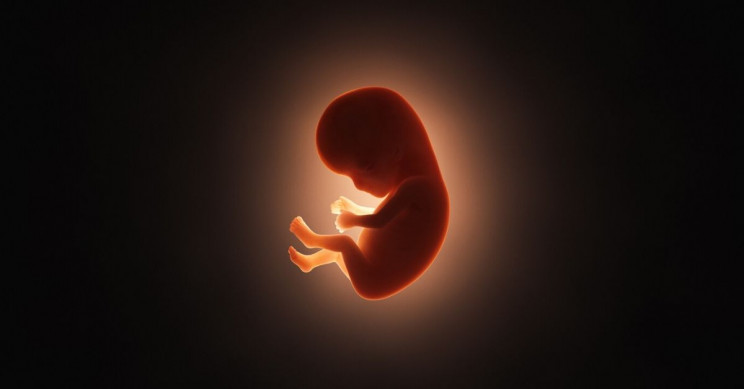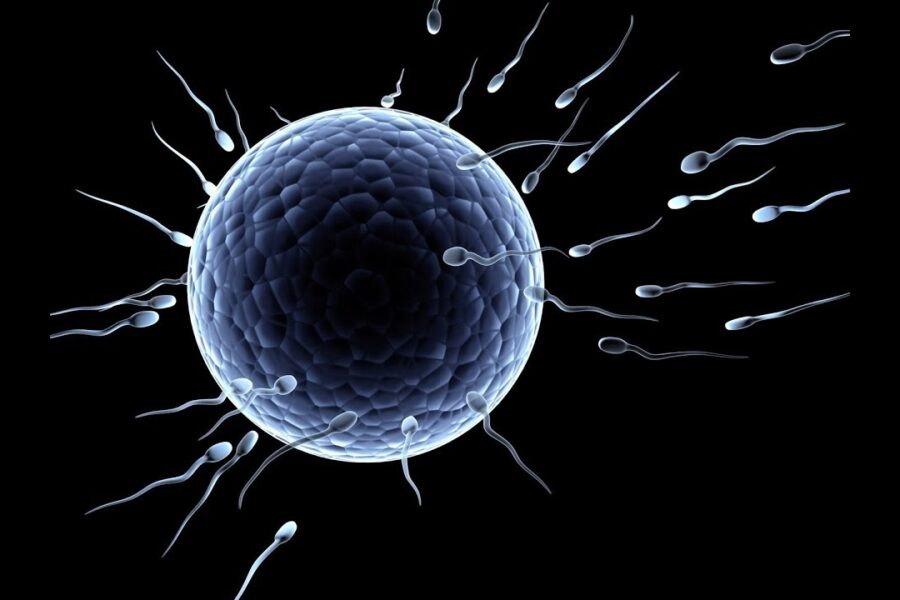If you cannot get pregnant using your own eggs for in vitro fertilization (IVF), you may want to consider using donor embryos that allow an infertile woman to carry a child and give birth.
In the current practice of IVF, some patients may create more embryos than they need and the extra embryos may be cryopreserved (frozen) so that they can be transferred later. However, sometimes these embryos may not be used. Such patients have the option to have their embryos discarded, donated to research or donated to another woman to achieve pregnancy.
You may qualify for the use of donated frozen embryos if you have untreatable infertility that involves you and your partner. Untreatable infertility in you alone or the problem of recurrent pregnancy loss thought to be related to the embryo, and genetic disorders affecting one or both partners are also grounds for consideration of embryo donation.
There are strict guidelines for the screening or testing of embryos that are donated, however since most embryos were originally intended to be used by the people who created them, the recommended testing may be performed.
Evaluation includes your comprehensive medical history including blood type and Rh factor, and testing for sexually transmitted diseases including HIV, hepatitis, gonorrhoea, chlamydia and syphilis. You should be counselled by a mental health professional about the complexity of the decision to use donor embryos. You would have a pelvic exam and an assessment of your uterus (womb). If you are aged over 45, a more thorough evaluation should be done.
Both you and the donor should be counselled by mental health professionals regarding the complexity of the decision to donate and receive embryos. In cases where the donors are known, the potential relationship between you, the donors, and subsequent children should be explored.
Success rates with embryo donation depend on the quality of the embryos at the time that they were frozen, the age of the woman who provided the eggs and the number of embryos transferred.
The frozen embryo transfer technique is a variation. During traditional IVF, embryos are created in a lab and then immediately transferred to a woman’s uterus. Most women simultaneously undergo induction of ovulation to improve their chances of successful conception.
However, with frozen embryo transfer, the embryos created in the lab are cryopreserved through a flash freezing process that prevents crystallization from occurring. The frozen embryos can then be thawed and placed in the woman’s uterus when she is naturally ovulating, bypassing the need for induced ovulation.
Embryo transfer during natural cycles is recommended if you ovulate normally and no hormone medication is required. Hence it is a good option if you cannot take oestrogen hormones or do not respond well to them. Since it coincides with your biological cycle, it is a more natural process.
One of the advantages of frozen embryo transfer, is that it allows delayed conception, so the success rate of IVF using frozen embryo transfer has more to do with the woman’s age when the embryos were frozen than the age of the woman when the embryos were transferred.
Therefore, if you are aged 38, for instance, you could theoretically have odds of successful conception similar to a 28-year-old woman if you froze the embryos at 28 or utilize the embryos of a 28-year-old. On the other hand, you would have significantly lower odds of successful conception if you underwent fresh embryo transfer.
There is less stress at the time of embryo transfer as you will not be coming straight from the stress of worrying about the quality of your eggs or viability of the embryos during the embryo transfer stage. The reduced stress could help to improve your chances of successful conception.
In addition, fewer medications are necessary even though you will still have to take some fertility medications to prepare for embryo transfer, but these medications are far less powerful, with far less potentially impactful side effects, than the ovulation induction medications that frozen embryo transfer makes unnecessary.
If you are undergoing treatment for medical conditions that could affect your fertility, frozen embryo transfer can enable you to wait until you are no longer undergoing these treatments before attempting conception.




